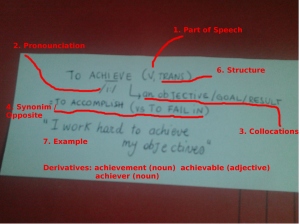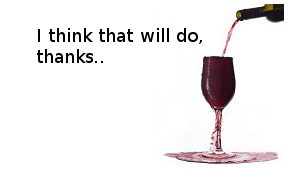There are things that are always difficult to do in a second language: telling jokes, arguing with someone and..breaking up with someone!
If you’re in an unhappy relationship and finally decided to dump your partner but you’re not sure how to phrase it, you might find this post useful. Below are some suggestions, depending on your reasons for splitting up.
To break up with someone, to dump someone, to split up (intransitive) or to break up (intransitive), they all mean the same thing: to end a relationship with your partner.
If your partner has cheated on you or you’ve cheated on them:
TO CHEAT ON SOMEONE = to be unfaithful
“I know you’ve cheated on me and I will never be able to get over it, it’s better if we just split up” >> TO GET OVER SOMETHING= to stop being upset about it
“I’ve cheated on you with this other woman I really fancy..” (you definitively sound very cruel!) >> TO FANCY SOMEONE= to feel sexually attracted to someone.
Maybe add something like “I’m sorry, I didn’t mean to hurt it” >> TO MEAN TO DO something = to be someone’s intention to do something
If you want to blame it all on yourself:
TO BLAME IT ALL ON YOURSELF= to say you’re the only one guilty (you don’t need to mean it but it can make breaking up easier sometimes)
“I don’t deserve you” >> NOT TO DESERVE SOMEONE = someone is too good for you/ you’re not good enough for someone
“You’ll be better off without me” >> TO BE BETTER OFF (intransitive)= to be in a better situation
“It’s not you, it’s me” (this is a classic!)
If you don’t see eye to eye with your partner (on important stuff)
TO SEE EYE TO EYE WITH SOMEONE = to agree on something with someone
“I want to settle down and you just want to party all the time” >> TO SETTLE DOWN (intransitive)= to get married or stay permanently in one place
or the opposite could also be true: “I don’t want to settle down yet, I don’t feel ready for it”
“I can’t put up with you anymore, it’s not working out” >> TO PUT UP WITH SOMEONE = to accept someone’s behavior even if it’s bad. TO WORK OUT= to be successful
“I don’t think you’re the one” (an evergreen!)
If you lack a specific reason:
“I need some time for myself”
“Our relationship is just falling apart / falling to pieces” >> TO FALL APART /PIECES (intransitive)= to break, to disintegrate
I do hope you won’t have to use any of this language but should you…hope this post will help!
Talk soon,
Deb 🙂






